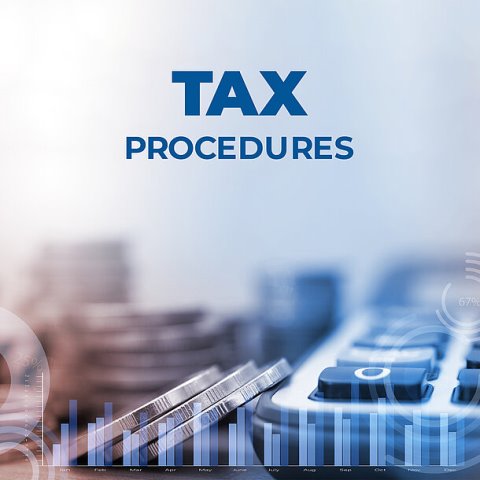Kigali, Rwanda – May 30, 2025: Rwanda has taken a bold step in reshaping its fiscal landscape with a sweeping package of new tax laws published in the Official Gazette on May 29.
Spearheaded by the Ministry of Finance and Economic Planning (MINECOFIN) in collaboration with the Rwanda Revenue Authority (RRA), this reform package signals the country’s intent to enhance domestic revenue generation, promote environmental sustainability, and maintain investor appeal in a competitive global economy.
This overhaul is pivotal as Rwanda intensifies its implementation of the National Strategy for Transformation (NST2), a blueprint guiding the country’s development ambitions through 2024–2030.
Key Reforms Unpacked
1. Excise Duties Expand to Cosmetics and Beauty Products
A newly introduced 15% excise duty will now apply to the cost-insurance-freight (CIF) value of a wide range of cosmetic and beauty items, including makeup, body lotions, and hair products. The CIF is a key valuation method used by the Rwanda Revenue Authority (RRA) to calculate import duties and taxes.
However, to avoid negatively impacting healthcare and personal wellbeing, pharmaceutical-based beauty products remain exempt following consultations with the Ministry of Health.
Business Insight: Importers and retailers in the beauty sector must brace for cost adjustments, while product reclassification for exemptions could be a strategy to explore.
2. Gambling Sector Faces Major Tax Hike
In a decisive move to tighten oversight and boost revenue, the Gross Gambling Revenue (GGR) tax jumps from 13% to 40%, while withholding tax on winnings increases from 15% to 25%.
Investor Takeaway: This shift could cool investor interest in betting companies while steering the sector toward stronger regulatory compliance and responsible gaming frameworks.
3. VAT Reinstated on Mobile Phones and ICT Equipment
Reversing a 13-year policy, the government has reintroduced VAT on mobile phones and ICT devices, a move expected to increase market prices. Exemptions will remain in place for select ICT infrastructure items following further dialogue with the Ministry of ICT and Innovation.
SMEs & Startups: Local tech innovators may experience higher equipment costs, but corporate tax reductions may offer some financial relief.
4. Infrastructure and Green Levies Introduced
The reforms embed environmental responsibility into taxation by placing new levies on goods such as alcohol and gambling. Additionally, new infrastructure development taxes aim to fund road maintenance and tourism projects. Notably, incentives are included to promote electric vehicle (EV) usage, supporting Rwanda’s net-zero commitments.
Sustainability Signal: Rwanda’s positioning as a climate-resilient economy is reinforced, appealing to ESG-driven investors.
5. Corporate Income Tax Cut to 28%
In a pro-business pivot, Rwanda has reduced its standard corporate income tax from 30% to 28%, enhancing its competitiveness across the East African region and beyond.
Global Competitiveness: This change may boost Rwanda’s attractiveness for foreign direct investment (FDI), especially for multinational corporations exploring regional expansion.
Balancing Revenue Growth and Economic Inclusion
Rwanda’s 2025 tax reforms reflect a careful balancing act: bolstering public finances without stifling enterprise or overburdening consumers. The shift toward taxing consumption, particularly luxury and vice goods, demonstrates a progressive fiscal stance aligned with equitable growth, health promotion, and environmental protection.
However, businesses, especially in sectors like ICT, gaming, and cosmetics, must now reassess their financial strategies and operational models in response to this changing tax climate.
What’s Next?
Tax administrators have begun rolling out implementation guidelines and conducting stakeholder outreach. Businesses are encouraged to engage with RRA for clarity, while international investors should monitor evolving sector-specific advisories.
As Rwanda continues its trajectory toward middle-income status, these tax reforms are both a revenue-enhancement tool and a structural realignment toward sustainable, inclusive growth.
